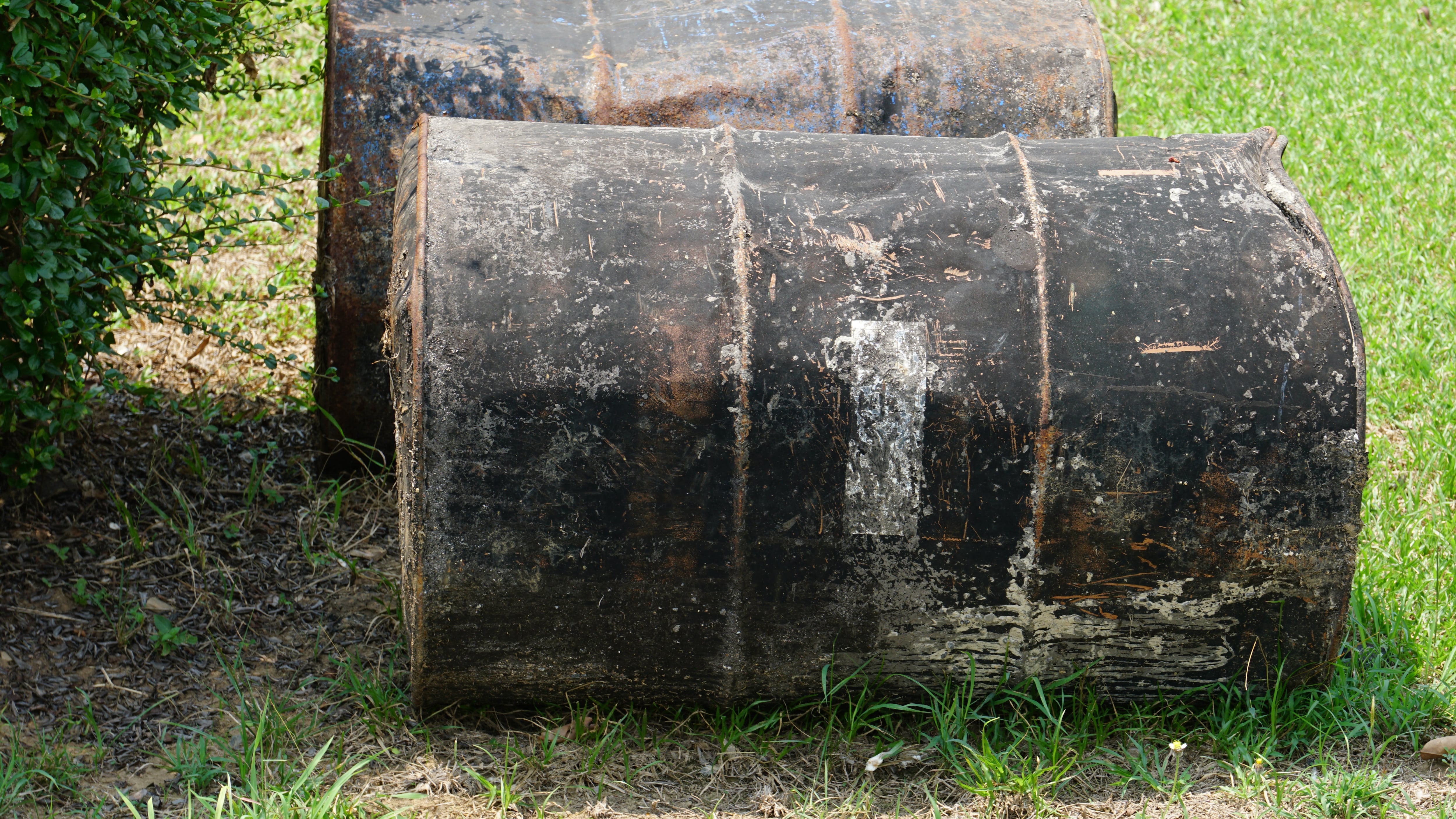My friend is shopping for houses. The one she likes has an underground heating oil tank. We’ve both heard vaguely scary things about these tanks (words like “DEQ” and “thousands of dollars” were involved), but we’re hazy on the details. What’s the actual scoop? —Oily Bird
When I was a child, I had a toy/game called “Time Bomb.” It was designed to resemble a cartoon bomb, with a windup mechanical timer for a wick. Whoever was holding it when the timer stopped (with a loud click that I guess was supposed to evoke an explosion) was the loser. The situation with heating oil tanks is similar, except instead of a bomb, it’s a house, and instead of a loud click, it’s a moment of clarity.
You see, as long as you don’t KNOW there’s an oil tank on your property, your responsibilities are blissfully minimal. As soon as your warm blanket of ignorance is pierced by the pointy stick of knowledge, however, you’re on the hook for whatever happens.
“Whatever happens” is usually the tank leaking into the surrounding soil and groundwater. Whoever owns the property is responsible for the cleanup—even if the leak happened before they bought the house. You bought a house knowing there’s a tank that hasn’t been checked for leaks? You’re responsible for any leaks discovered—regardless of when they happened. It’s only a slight exaggeration to say that the main goal of a home sale seems to be timing it so you’re not the person on the deed when a leaky tank comes to light.
Your friend is actually in a pretty strong position. She already knows there’s a tank involved (what you really need to worry about are the listings where nobody says squat about an oil tank), and as the buyer, she can insist on a soil test without being personally liable for the results.
Stuck with a disused tank? You have three options: (1) Pay a specially licensed contractor to decommission it by filling it with sand or removing it altogether, which nets you a special certificate of absolution from the Oregon Department of Environmental Quality; (2) have the oil pumped out and assume an empty tank won’t leak, risking possible red tape when you go to sell; or (3) if you’re planning on never selling, you can still do nothing—just cross your fingers and wait for the click.
Questions? Send them to dr.know@wweek.com.

